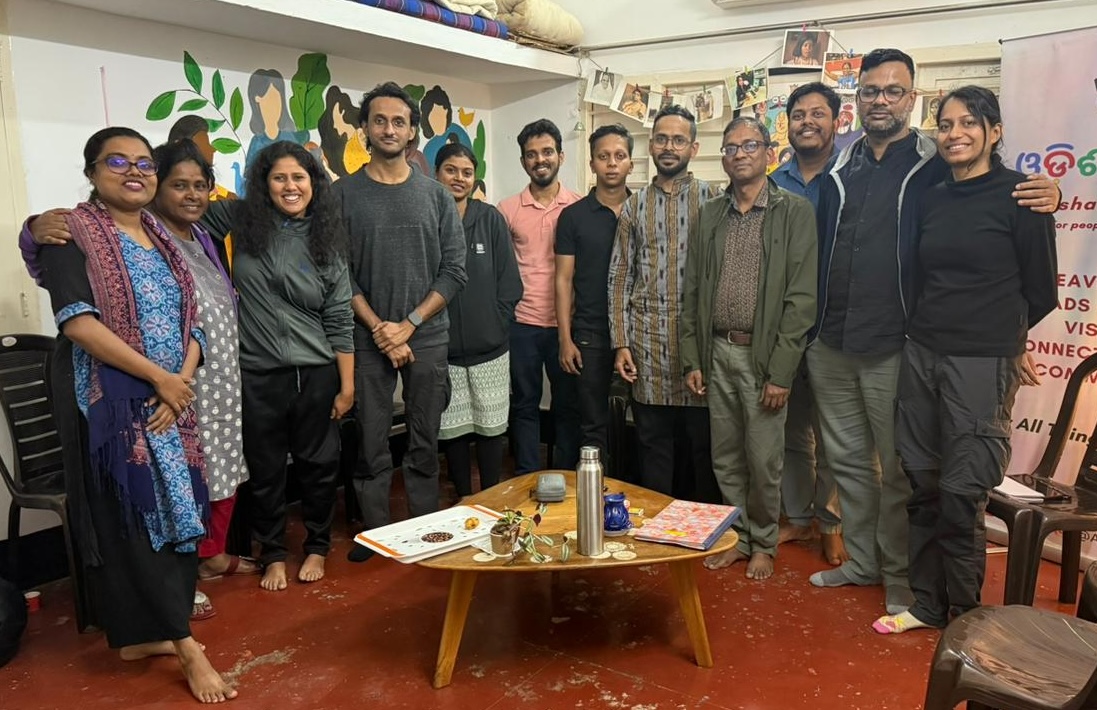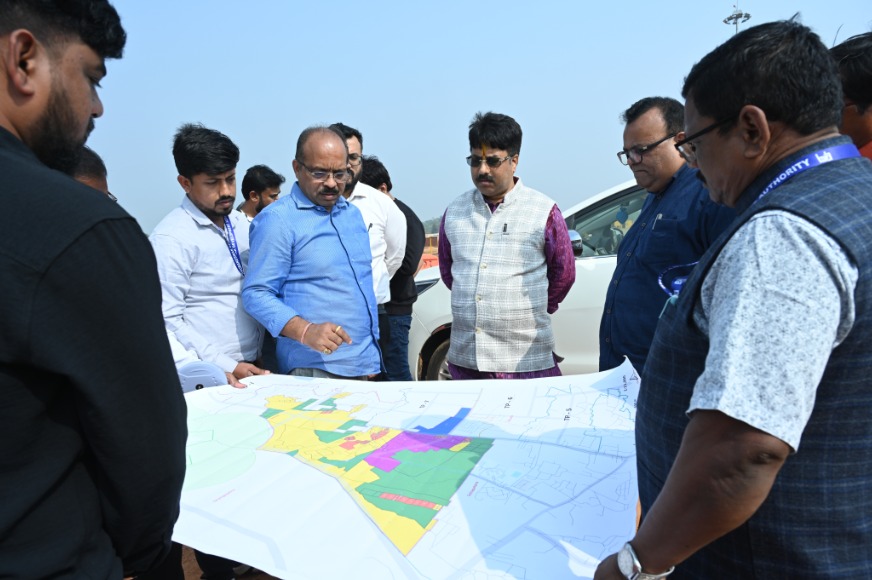New Delhi: In a written reply to a question in the Lok Sabha, Minister of State for Home Affairs, Shri Nityanand Rai highlighted the government’s concerted efforts to curb the smuggling of narcotics drugs and address the issue of drug abuse in the country.
The government has been actively engaged in collaborative efforts with neighboring countries to tackle the illicit trafficking of Narcotics Drugs & Psychotropic Substances (NDPS) and Chemical Precursors. Bilateral Agreements with Afghanistan, Myanmar, China, Bangladesh, and Sri Lanka, along with Memoranda of Understanding with Bhutan, Pakistan, Myanmar, and Nepal, underscore India’s commitment to regional security and cooperation in combating drug-related offenses.
Intelligence sharing and Controlled Delivery Operations (CD) have been conducted with Pakistan and Afghanistan, contributing to the joint efforts in curbing cross-border drug trafficking. Director General Level Talks with Myanmar, Afghanistan, Sri Lanka, and Bangladesh have been organized to address issues of international significance related to drugs.
The collaboration extends to ground-level efforts, with the Narcotics Control Bureau (NCB) of India and the Central Committee on Drug Abuse Control (CCDAC) of Myanmar holding regular Field Level Officer (FLO) Meetings at the international border to discuss and resolve drug-related issues affecting both countries.
To tackle the growing problem of drug abuse, the government has implemented the National Action Plan for Drug Demand Reduction (NAPDDR). The Nasha Mukt Bharat Abhiyaan (NMBA), launched in 272 vulnerable districts and later extended nationwide, focuses on community outreach through over 8000 youth volunteers, reaching more than 10.73 crore people, including 3.39 crore youth and 2.27 crore women.
Government support includes 342 Integrated Rehabilitation Centers for Addicts (IRCAs), 47 Community-based Peer-led Intervention (CPLI) Centers, 74 Outreach and Drop-In Centers (ODICs), and 53 District De-addiction Centres (DDACs). Additionally, 66 Addiction Treatment Facilities (ATFs) have been established in government hospitals across the country.
A toll-free helpline (14446) provides immediate assistance and primary counseling for individuals seeking help for de-addiction. Moreover, the government, through its autonomous body National Institute of Social Defense (NISD) and collaborating agencies, conducts regular awareness sessions for various stakeholders, including students, teachers, and parents.
The Minister noted a 37% increase in people seeking counseling and de-addiction services from Ministry of Social Justice & Empowerment (MoSJE)-supported centers since the launch of the Abhiyan in 2022. The comprehensive approach highlights India’s commitment to combating narcotics and creating a drug-free society through regional cooperation and focused national initiatives.





